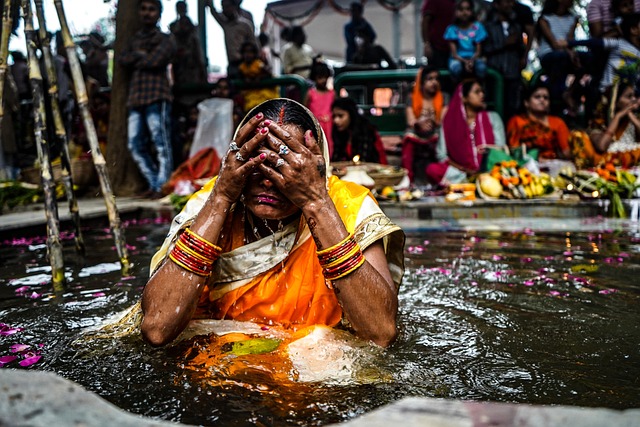Throughout history, few elements have held such sacred significance across cultures and faiths as holy water. A simple mixture of water and divine invocation, it moves far beyond the physical to touch something deeply spiritual. Whether the believer is Catholic, Eastern Orthodox, or part of other Christian denominations, the ritual use of holy water is a profound expression of cleansing, blessing, and connection with the divine.
In ceremonies small and great, the gentle touch of holy water marks desire, hope, and transformation. For many, dipping their fingers into a font and tracing the sign of the cross brings instant comfort — a subtle yet powerful affirmation that they are part of something greater than themselves. The power of ritual resides not only in the gestures, but in the consistent reminders of faith it etches into daily life. Holy water becomes an anchor, especially during moments of spiritual uncertainty.
In Catholic tradition, holy water is blessed by a priest and often stored in fonts at the church entrance. As a sacred instrument, it is used in baptisms, blessings, and the holy rite of exorcism. These rituals reveal how deeply enmeshed water is with God’s grace — cleansing souls, protecting bodies, and sanctifying spaces. For those of the Eastern Orthodox faith, the Great Blessing of Waters ceremony, usually performed at Epiphany, is a majestic proclamation of the baptism of Christ. The sacred act transforms ordinary water into a vessel of divine presence.
But holy water isn’t confined to formal ceremonies within church walls. It travels into homes, sprinkled over threshholds, fields, and even vehicles. It becomes personal — a part of everyday sacred life. There is something moving about its accessibility, the way it meets believers where they are, in both joy and sorrow.
Even in a modern world that often leans toward the rational and empirical, the enduring use of holy water reminds us that faith is still alive in the felt experience. Rituals, especially those involving sacred elements like water, allow worshippers to embody belief and invite the divine into ordinary spaces. In those drops of blessed water lies a quiet power — not just a symbol, but a spiritual force that continues to bless and bind us.




